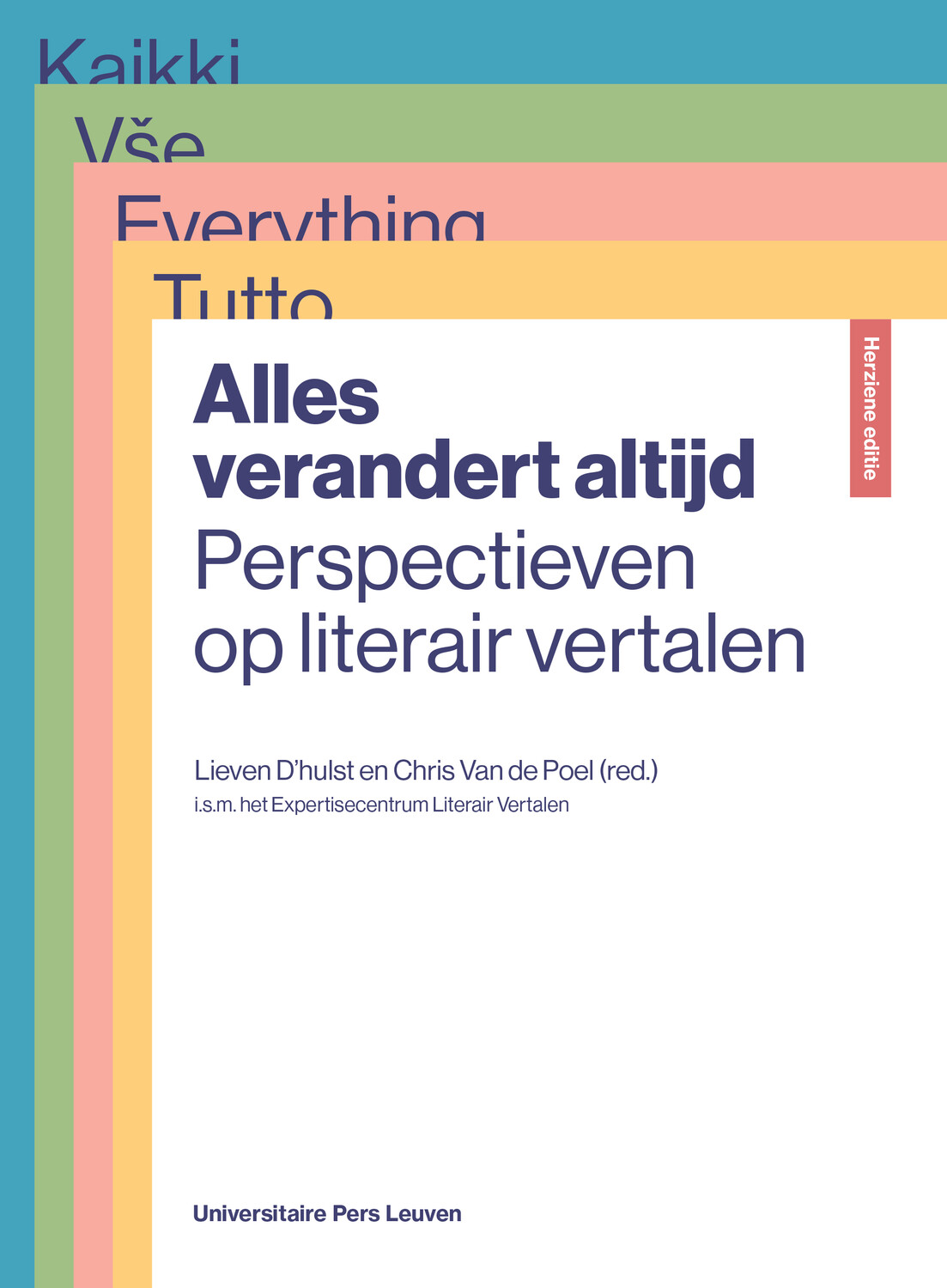
Ágnes Györke is associate professor at Károli Gáspár University’s Department of Literary and Cultural Studies in English and principal investigator of the Cosmopolitan Ethics and the Modern City research group.
Tamás Juhász is associate professor at Károli Gáspár University where he teaches modern British and American literature, cultural theory and Central European film.
Several authors discuss questions concerning gender, race and ageism in relation to urban culture, which makes the volume especially relevant and up-to-date.
In Urban Culture and the Modern City editors Ágnes Györke and Tamás Juhász expand the scope of literary urban studies by focusing on Budapest and Hungarian small towns, offering in-depth analyses of the intriguing link between literature, the arts, and material culture in the 20th and 21st centuries.
Briefly and concisely explain in plain language what the book is about.
Our book reflects our fascination with the urban environment and its artistic representations in Central Europe and worldwide. It explores connections between various art forms and urban space, mutual and multidirectional influences that have been, initially, and in more general terms, theorized by Georg Simmel, Walter Benjamin and Henri Lefebvre, and that have led, over the past few decades, to a distinct interest within urban studies in the artistic. The main novelty of the volume is that it focuses on Hungarian cities and small towns in a translocal cultural and theoretical framework that points well beyond the borders of the country. Our contributors discuss Hungarian literature, theatre, film, visual arts, material culture and memory politics, investigating how these are shaped by the city and how they shape the city. Among them, several authors discuss questions concerning gender, race and ageism in relation to urban culture, which makes the volume especially relevant and up-to-date.
What or who inspired you to choose this topic?
An obvious, but by now somewhat indirect starting point was a conference that we organized in Budapest on arts in urban space in 2019. Papers were not limited to Hungarian urban culture, in fact, most of them had a transnational focus, but subsequent discussions with Leuven University Press made us realize that there is a lacuna in related academic publications, and a collection of essays focusing on Hungary should be our purpose. To accomplish this, we invited scholars who had not originally participated in the conference.
Do you have any reading suggestions to share (books, blogs, journals, ...) for anyone who wants to know more about the subject?
Similar books that influenced us and that we liked include Gábor Gyáni’s Identity and the Urban Experience (2004), Jeremy Tambling’s The Palgrave Handbook of Literature and the City (2016), Luger and Ren’s Art and the City: Worlding the Discussion Through a Critical Landscape (2017), Cara Courage’s Arts in Place: The Arts, the Urban and the Social Practice (2017) and Lieven Ameel’s The Routledge Companion to Literary Urban Studies (2023).
How did the writing process for this book go? Did you experience anything surprising, amusing or strange?
Everything went according to plan, but rather slowly. Also, the beginning seems strangely distant. We started just before COVID hit and now that we are finished, we have geopolitical conflicts that did not exist then, at least not in their current, full-blown form.
What would you like readers to remember about your book?
Perhaps its focus on non-mainstream narratives and its “Hungarianness” - to our knowledge, there’s no other book that discusses art, literature and film in relation to Hungarian cities. We also hope that the translocal cultural and theoretical frame the volume relies on will make the case studies both relatable and enjoyable for English speaking readers.
Do you have any plans yet for another publication? What will it be about?
We don’t have an ongoing joint publication project at the moment, however, our fields of academic interests continue to overlap. We are planning to expand our research group called “Cosmopolitan Ethics and the Modern City”, and, in the long run, we also plan to collaborate with scholars from neighbouring countries on joint projects about the Central and Eastern European city.
Urban Culture and the Modern City
Hungarian Case Studies
Edited by Ágnes Györke and Tamás Juhász
paperback, ebook











































